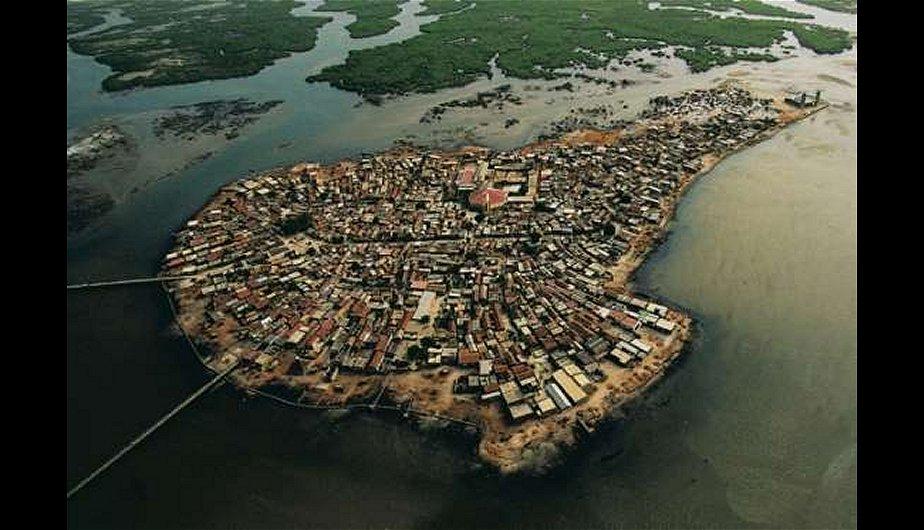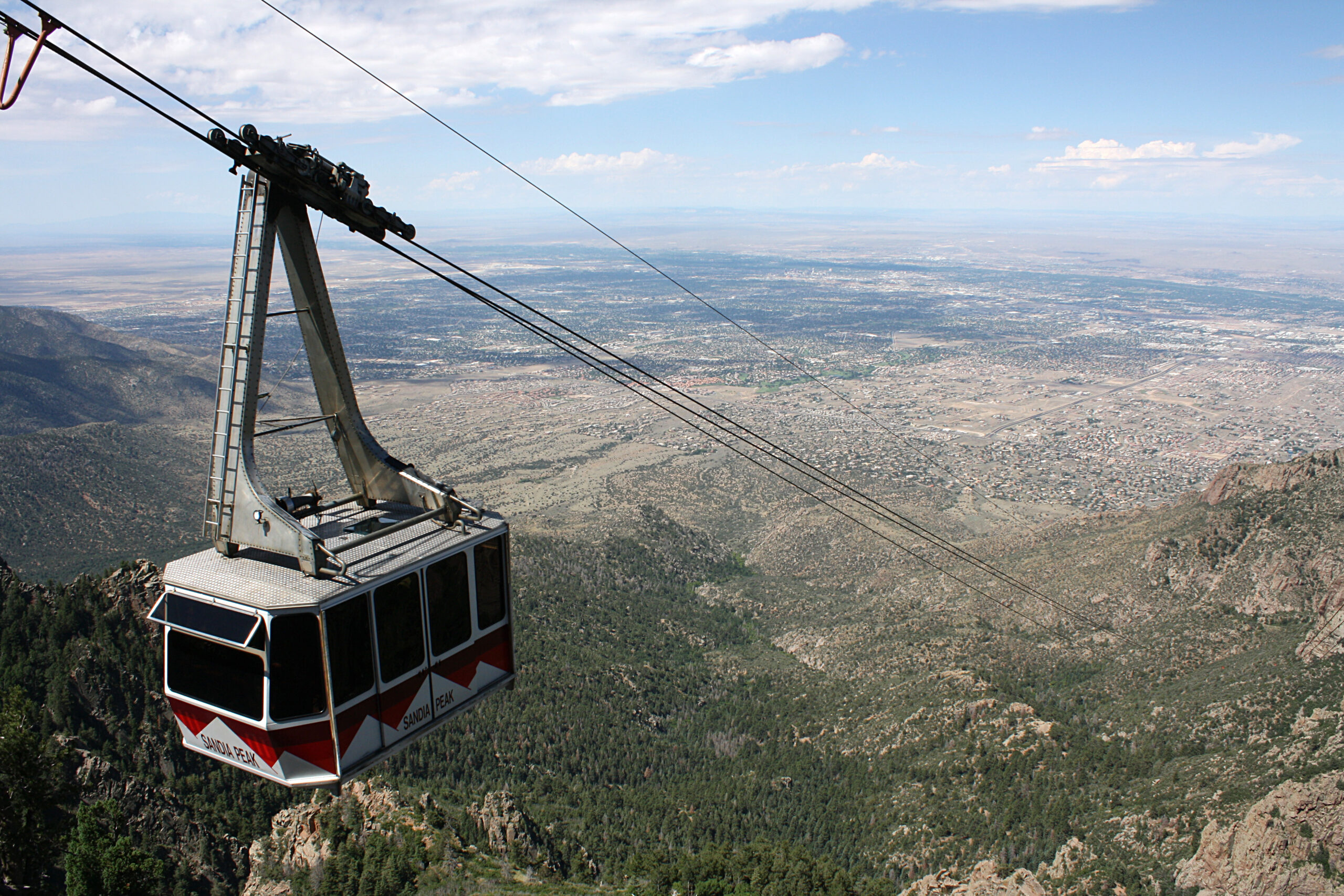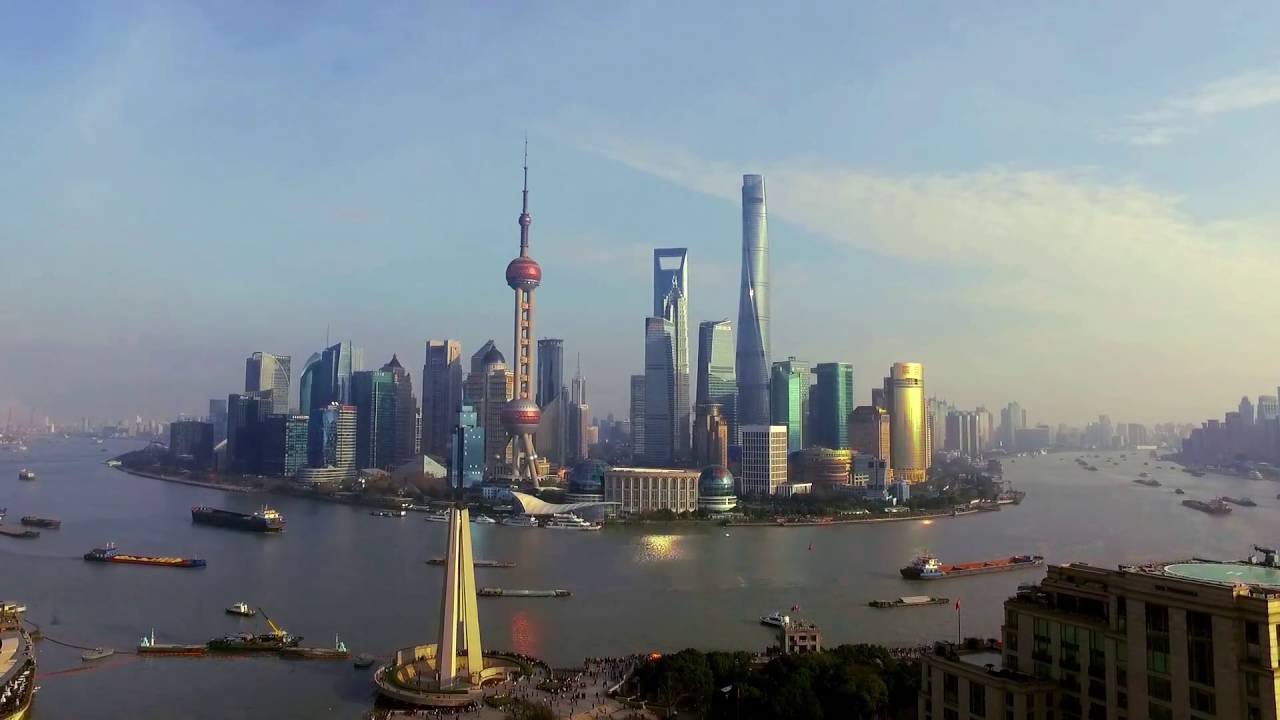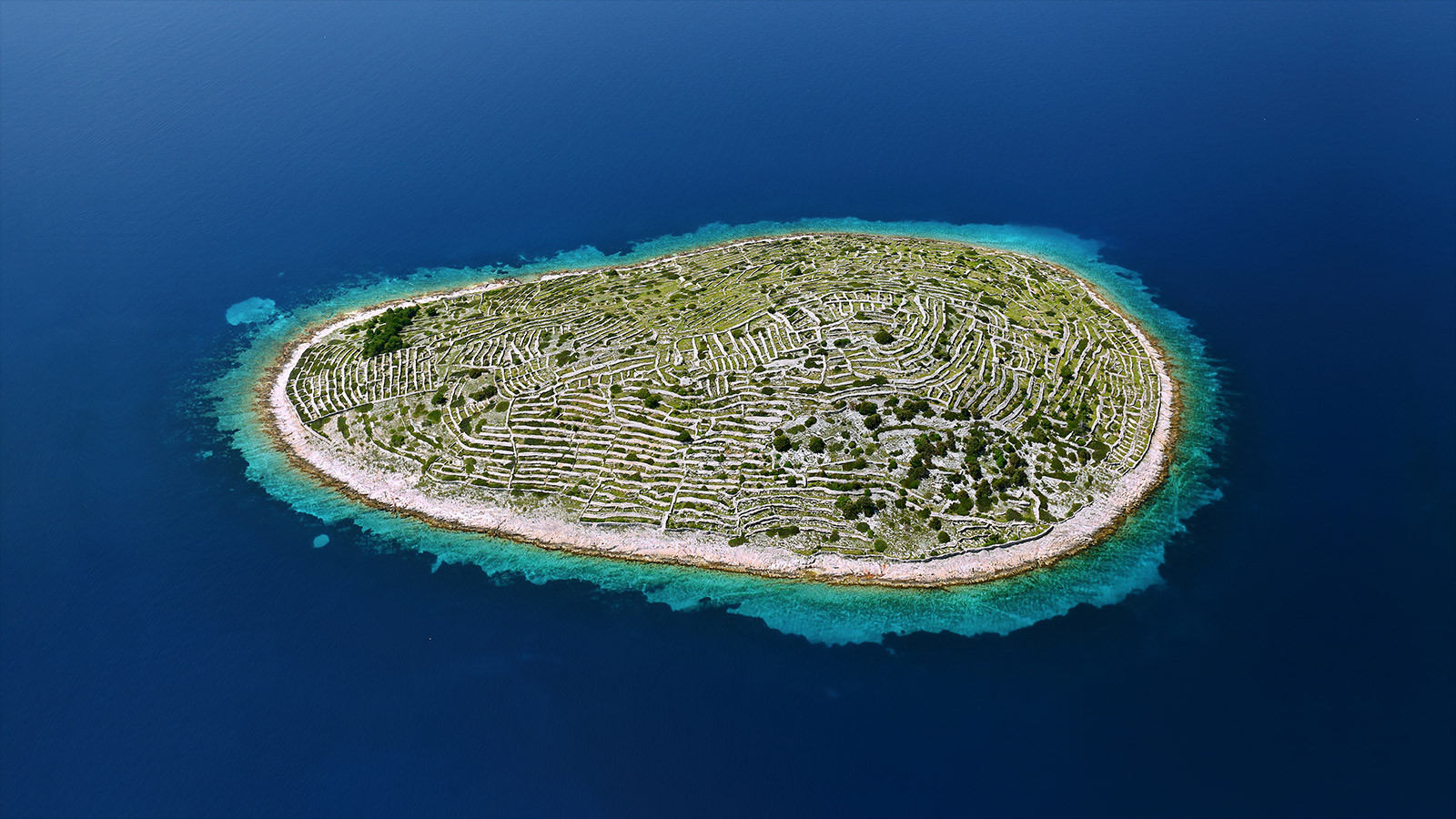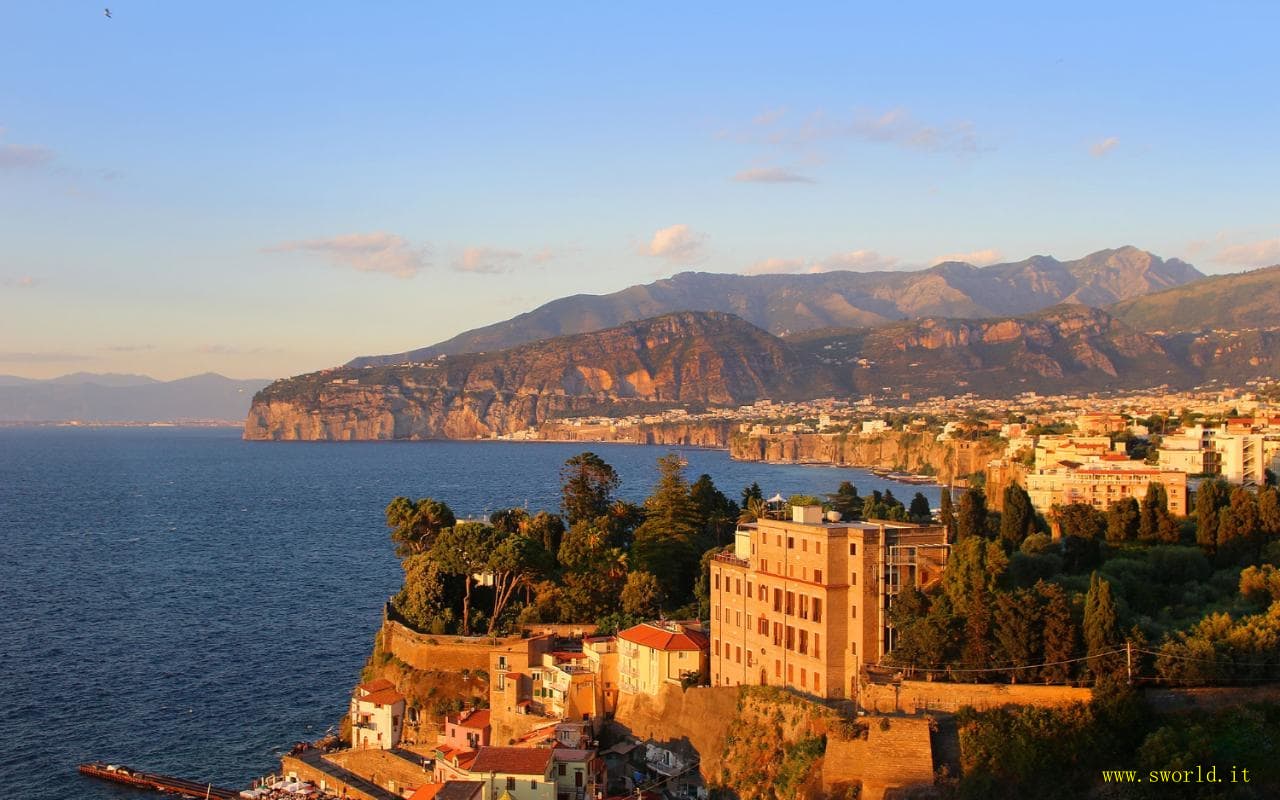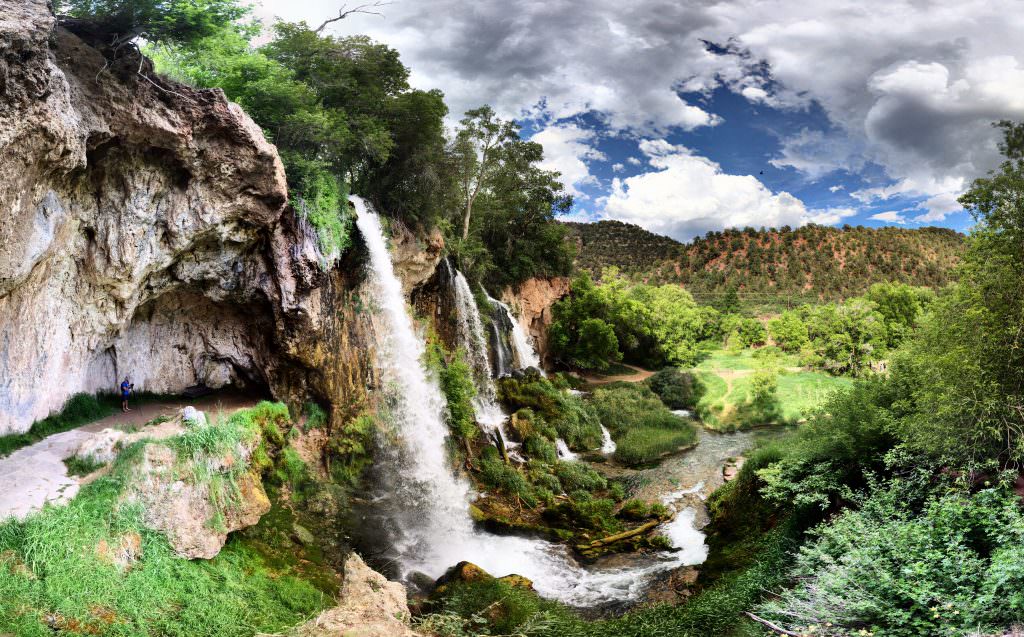Starting from Dakar, Joal Fadiouth is easily reached by taxi brousse, the classic African sept places. If you know Senegal, and West Africa in general, you know that the taxi brousse is a big car – often held together with wire, nails and adhesive tape – used to transport seven people, driver excluded.the great peculiarity of the taxi brousse is to leave when all the seats have been occupied or, better said, paid.
Joal Fadiouth is a fishing village located on a small island at the end of Petite Cote. It is a strip of land covered entirely with shells, the result of the constant accumulation of shells made by the inhabitants of the area over the centuries.Inhabited mainly by the sérère ethnic group, Joal is one of the most important fishing areas in the country. This, in addition to its strategic position on the map and the fact that it was the birthplace of Léopold Senghor, the first President of the Republic of Senegal, makes Joal, despite its modest size, an important center in the country’s economy. One of the most intense moments to be experienced in Joal, which sees it awaken from its long daily sleep, is the arrival of the fishermen’s pirogues: waiting for them are women, children and elderly people who seem to be working piecework as in an assembly line, collecting fish, cleaning them and putting them in boxes ready for sale.The island, also known as "Shell Island", is only 500 metres long and its inhabitants have always been dedicated to the collection and trade of molluscs of all kinds, mainly oysters and scallops. The shells piled up for centuries have been used to build houses, churches, mosques and any other building on the island, including the roads and the small cemetery from which splendid decorations sprout. The bricks are mixed with fragments of shells and the most beautiful ones are used for decoration.
